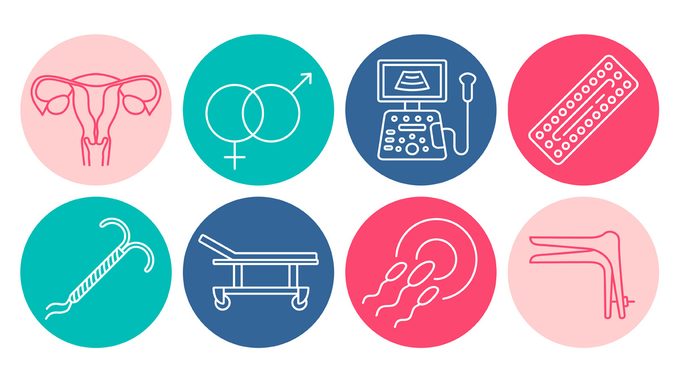What You Need to Know About Getting a Pap Test
It’s every woman’s least favourite appointment, but getting a regular pap test is essential for your cervical health.

Why you need a pap test
It’s easy to confuse a pelvic or speculum exam, which is performed by your doctor with a plastic or metal instrument, with a Pap smear. Speculum exams are also used for swabs or cultures, which are essentially large cotton swaps inserted in the vagina or cervix to check for sexually transmitted infections (STIs) as needed. On the other hand, the Pap, or the Papanicolaou smear, detects precancers and cancers of the cervix that sit at the top of the vagina and the entrance to the uterus.
Nearly all cervical cancers are caused by the human papilloma virus (HPV). HPV is transmitted through skin-to-skin contact and through sexual activity. HPV is extremely common, as there are more than 100 strains of the virus. It can result in visible warts (usually from a low-risk HPV strain) or precancers and cancers of the cervix, vulva, vagina, penis, throat and anus (from a high-risk HPV strain). Luckily, we now have vaccines available to protect women and men, girls and boys, from the most common of these low- and high-risk HPV strains.
Related: Sex In Your 20s — What Every Woman Should Know (And Talk About)
If you’re sexually active (or ever have been) and are between the ages of 22-69, then you should be getting a Pap test every three years. Pap tests aren’t required for women 70 or older, as long as the past three paps in the previous 10 years were negative. Women under 21 don’t need Pap tests.
Protecting yourself from cervical cancer
If you’re sexually active, the best way to protect yourself from HPV infection, cervical cancer and other STIs is by using condoms. Quitting smoking is also important, as smoking increases the risk of HPV infection and cervical cancer.
You can also lower your risk of cervical cancer by getting vaccinated. The HPV vaccine is now offered to preteens and boys and girls in high school because it’s best to get it prior to any sexual contact, but it’s also available to anyone between the ages of nine and 45. The vaccine, which is given over three injections, is safe and very effective, rarely has side effects and is covered by most extended health plans.
Pap smears are performed by family doctors, gynaecologists and walk-in clinic practitioners. Unless you’ve had an abnormal result, recently updated guidelines recommend getting a Pap test every three years, as cervical cancer is slow-growing and overtesting can result in unnecessary interventions. Please note that there may be some variation, depending on which province you live in, so check with your healthcare provider.
You should get a Pap smear more frequently if you have any abnormal bleeding or spotting outside of your period or after intercourse. Additional warning signs that warrant a pelvic exam include abnormal vaginal discharge with odour, itchiness, discolouration, unusual bleeding or urinary symptoms, such as pain.
Is my vaginal discharge normal?
It’s normal for women to have a daily vaginal discharge that is clear or yellow without the above characteristics. Discharge is the vagina’s self-cleaning mechanism. Never douche, stick to cotton or moisture-wicking underwear, wash with water, avoid cleansing products and wipes, and sleep without underwear for good vulvar hygiene.
Dr. Yolanda Kirkham is an Obstetrician and Gynecologist at Women’s College Hospital. Follow them on Twitter @WCHospital.
Recommended:




